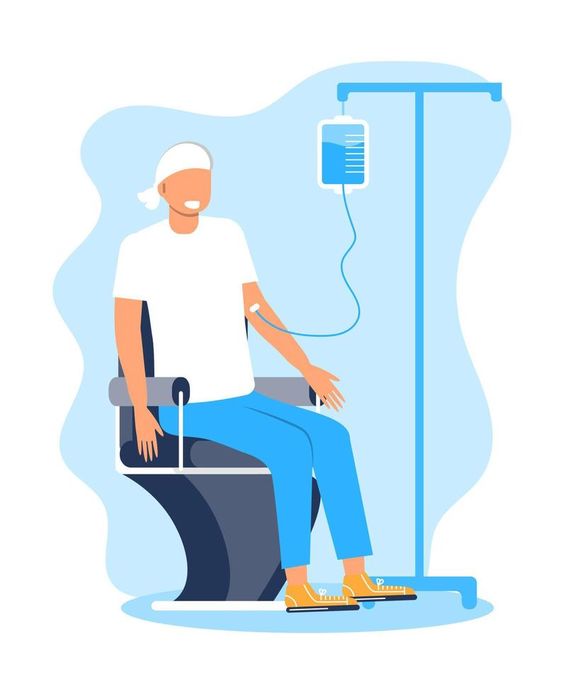Introduction
Chemotherapy is a type of cancer treatment that uses drugs to kill cancer cells. It is often used in combination with other treatments, such as surgery or radiation therapy. Chemotherapy can be used to cure cancer, slow its growth, or relieve symptoms.

Chemotherapy works by targeting rapidly dividing cells, such as cancer cells. However, it can also affect healthy cells that divide quickly, such as those in the bone marrow, hair follicles, and digestive system. This can cause side effects such as fatigue, nausea, hair loss, and increased risk of infection.
How Chemotherapy is Given
Chemotherapy can be given in a variety of ways, including:
- Intravenously (IV): The drugs are injected into a vein.
- Orally: The drugs are taken by mouth.
- Topically: The drugs are applied to the skin.
- Injection: The drugs are injected into a muscle or under the skin.
The way chemotherapy is given depends on the type of cancer being treated and the patient's overall health.
Side Effects of Chemotherapy
Chemotherapy can cause a wide range of side effects, including:
- Fatigue
- Nausea and vomiting
- Hair loss
- Loss of appetite
- Mouth sores
- Diarrhea
- Constipation
- Increased risk of infection
- Easy bruising or bleeding
- Anemia
- Neuropathy (numbness or tingling in the hands or feet)
The severity of side effects varies from person to person and depends on the type and dose of chemotherapy drugs used.
What to Expect During Chemotherapy
If you are undergoing chemotherapy, you will likely have regular appointments with your oncologist (cancer doctor). During these appointments, your doctor will monitor your progress, check for side effects, and adjust your treatment plan as needed.
You may also need to have regular blood tests to monitor your blood cell counts and organ function.
It is important to talk to your doctor about any side effects you are experiencing so that they can be managed. There are medications and lifestyle changes that can help to reduce the severity of side effects.
Life After Chemotherapy
After you have completed chemotherapy, you will need to have regular follow-up appointments with your oncologist. These appointments are important to monitor for any signs of cancer recurrence.
It may take some time for your body to recover from chemotherapy. You may continue to experience some side effects for weeks or even months after your treatment ends.
It is important to take care of yourself after chemotherapy by eating a healthy diet, getting regular exercise, and getting enough rest.

.jpg)